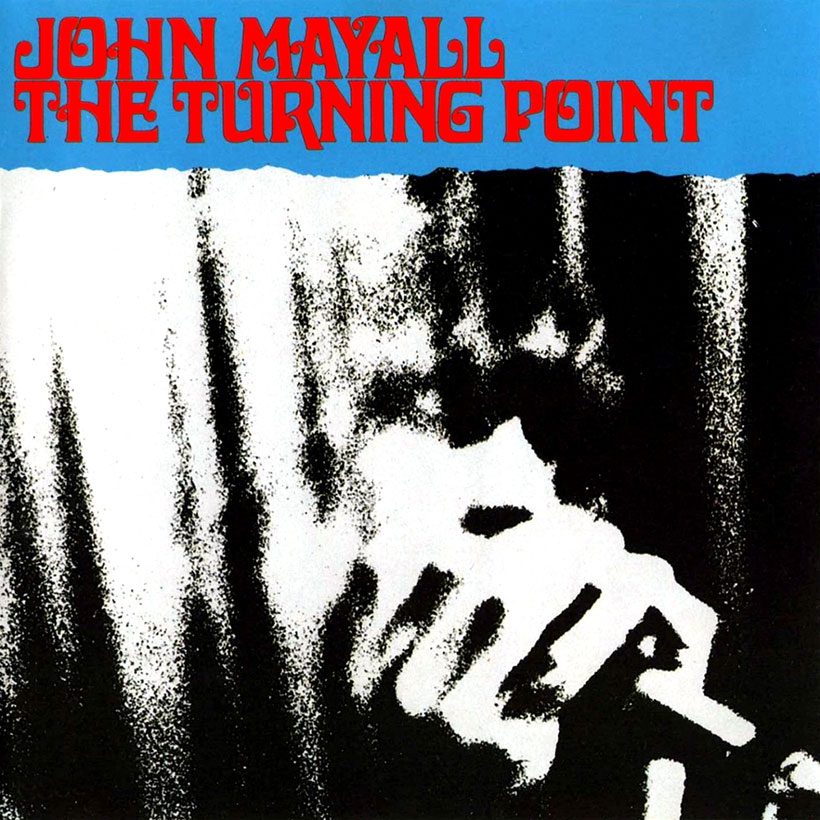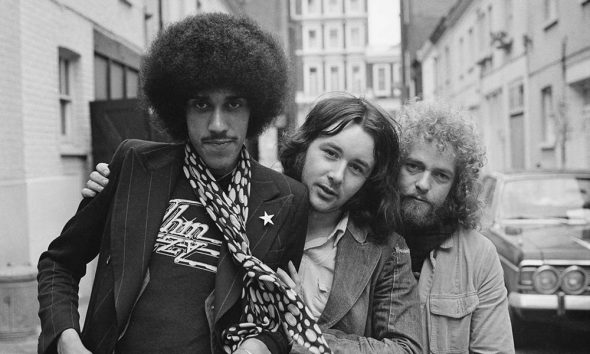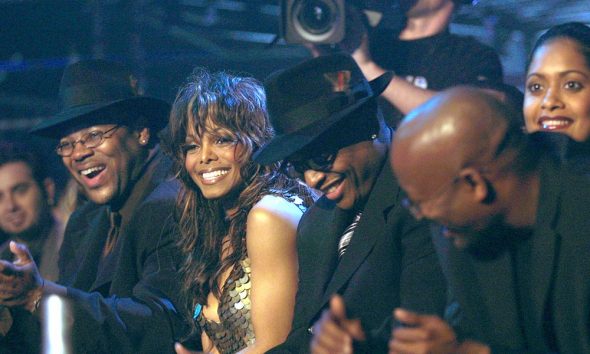When John Mayall Reached ‘The Turning Point’
This is a blues album that jazz lovers may also love; John Mayall’s ‘The Turning Point,’ from 1969, is well worth rediscovering.

It’s hard to believe that John Mayall was suffering from “blues jam syndrome” in 1969, but those who attend such events will know there’s never any shortage of guitarists setting the amp to “11.” For the time being, the British blues godfather was fed up with loud bands and cut an album called The Turning Point to prove it.
His first US-recorded LP, his Polydor debut, and the first for years without the assistance of Mike Vernon in at least a co-producer role, it was taped at the Fillmore East, New York City. Mayall delivers an expressive and earthy set, featuring a line-up that would have been unthinkable a few years before: acoustic guitar (Jon Mark), flute and tenor (Johnny Almond), and bass (Steve Thompson). What, no drummer? Yes, John Mayall had gone acoustic. Maybe some gig-goers felt disappointed at the lack of a six-string electric tyro, but nobody shouted “Judas!” and the audience response, captured by Hendrix engineer Eddie Kramer, is stoned ecstatic.
Now resident in LA, Mayall was considering matters his hippie neighbors were concerned with; “The Laws Must Change” mentions (disapprovingly) stoning the police; “I’m Gonna Fight For You JB” returns to one of his few previous political topics, the death of bluesman JB Lenoir, and “California” is a meditation on the leader’s new home. If the latter seems unchallenging, bear in mind it’s a nine-minute jam in waltz time – not the rolling triplets associated with the blues but a floaty, jazzy, 6/8. Johnny Almond’s sax is particularly effective, making up for the noodling towards the end of the track.
Almond is also strongly present on “Thoughts About Roxanne,” which isn’t exactly blues but it isn’t jazz or folk either. There’s no searing guitar break, but a few mellow licks surface when the song starts to, gulp, swing. Best of all is “So Hard To Share,” one of just a couple of “proper” blues songs and mostly treated as such.
It’s easy and to some extent accurate to regard The Turning Point as indulgent. It’s also fascinating and confounds expectations of what Mayall’s music was, even more than Bare Wires had the previous year. But Mayall was taking control of his destiny (he even designed the sleeve) and reaching for a fresh sound. As the title suggests, it’s the work of an artist in transition.













CL Osterholm
November 16, 2016 at 12:47 am
Saw him last Sat., 11/12/16, at Yoshi’s in Oakland. No guitarist, just a bass player and drummer…and himself.